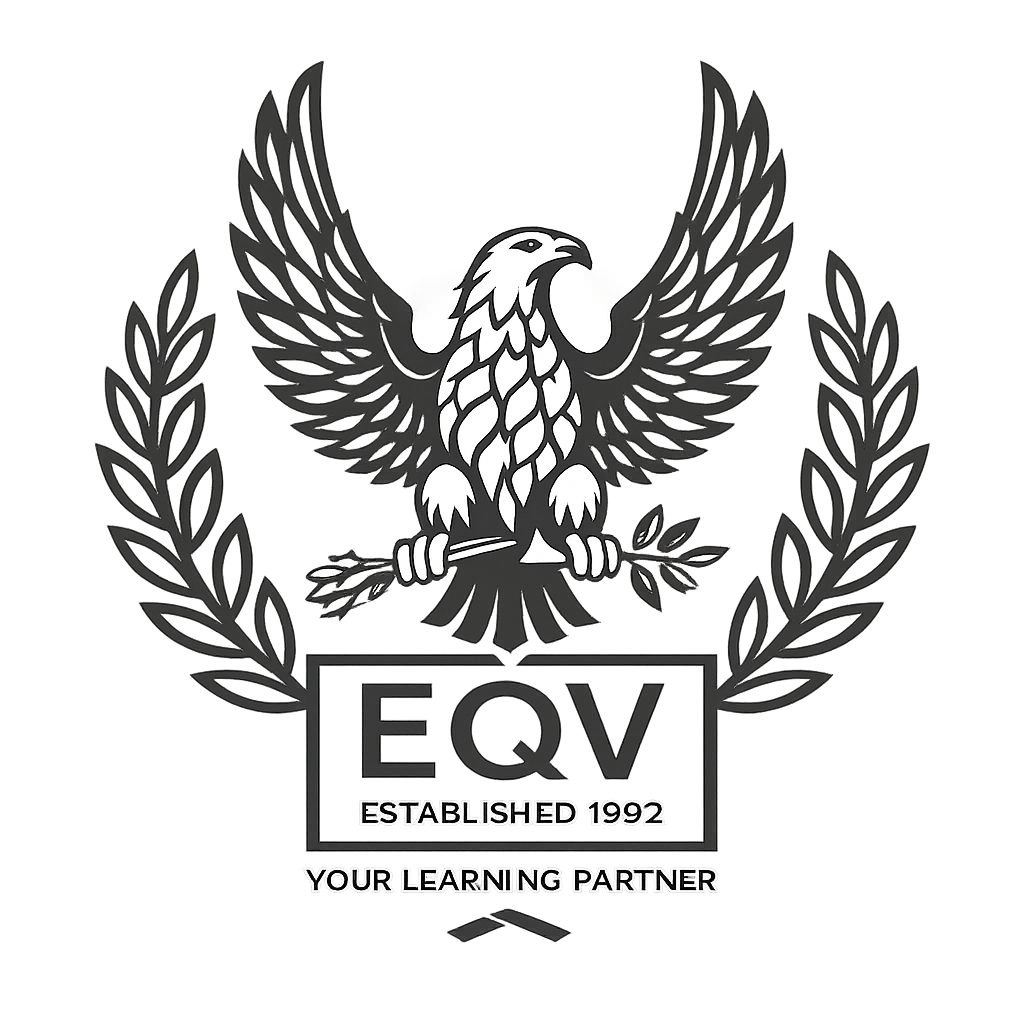Customer Service
Delegates’ Experiences as Customers:
Encouraging participants to share their personal experiences as customers.
Creating a platform for delegates to reflect on what they appreciated and disliked about customer service.
Defining Good and Bad Service:
Establishing clear definitions of what constitutes excellent customer service and its opposite.
Discussing common criteria that customers use to evaluate service quality.
The Cost of Poor Service:
Exploring the financial and reputational consequences of providing subpar customer service.
Understanding how poor service can lead to customer dissatisfaction and lost business.
The Benefits of Good Service:
Highlighting the advantages of delivering exceptional customer service.
Examining how satisfied customers can become loyal advocates and contribute to business growth.
Key Telephone Skills:
Teaching essential skills for effective telephone interactions, including tone, language, and active listening.
Practicing techniques to build rapport and provide assistance over the phone.
Dealing Face to Face:
Addressing the nuances of providing customer service in person.
Demonstrating appropriate body language, eye contact, and interpersonal skills.
Managing Complaints:
Providing strategies and guidelines for handling customer complaints professionally.
Emphasizing the importance of resolving issues to customer satisfaction.
Dealing with Difficult Customers:
Equipping delegates with techniques to handle challenging customer interactions with patience and empathy.
Discussing methods to de-escalate tense situations and find solutions.
Creating an Action Plan for Delivering Excellent Customer Service:
Assisting participants in developing a personalised action plan.
Setting achievable goals and outlining steps to consistently deliver outstanding customer service.
This course is essential for anyone who manages customer service and individuals with customer facing role, whether on the telephone or in person.
Have two or more people to train? you may consider a closed group course.
Benefits include:
- Cost effective
- Choose a date to suit you
- Customise content and timings
- No minimum delegate
Contact us on [email protected] to discuss specific date and delivery requirements.
We can deliver our training sessions in several ways, these being:
- Open public course (Contact us if you can’t see a suitable date listed)
Please enquire about the following methods
- Closed group
- In person face to face
- virtual
- One to one coaching
Course Benefits
- Fully led tutor instruction
- Comprehensive courseware for all delegates
- Certificates of attendance
- Course Guarantee
- Emergency trainer
- Contextualisation and customisation for Closed group courses
- Evaluation Feedback
- Access to Customer Portal (course bookers) for oversight of past and future training events and attendance details
Key Features
Engaging & interactive tutor led session
Comprehensive course materials
From: £449.00 Plus VAT
Can’t see a suitable date? Please request a date here
Payment available via all major credit cards or Invoice. All options available during the online booking process.
